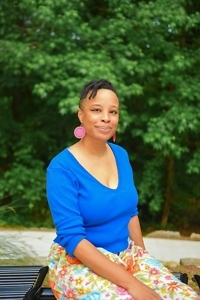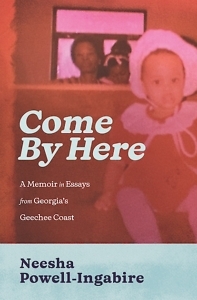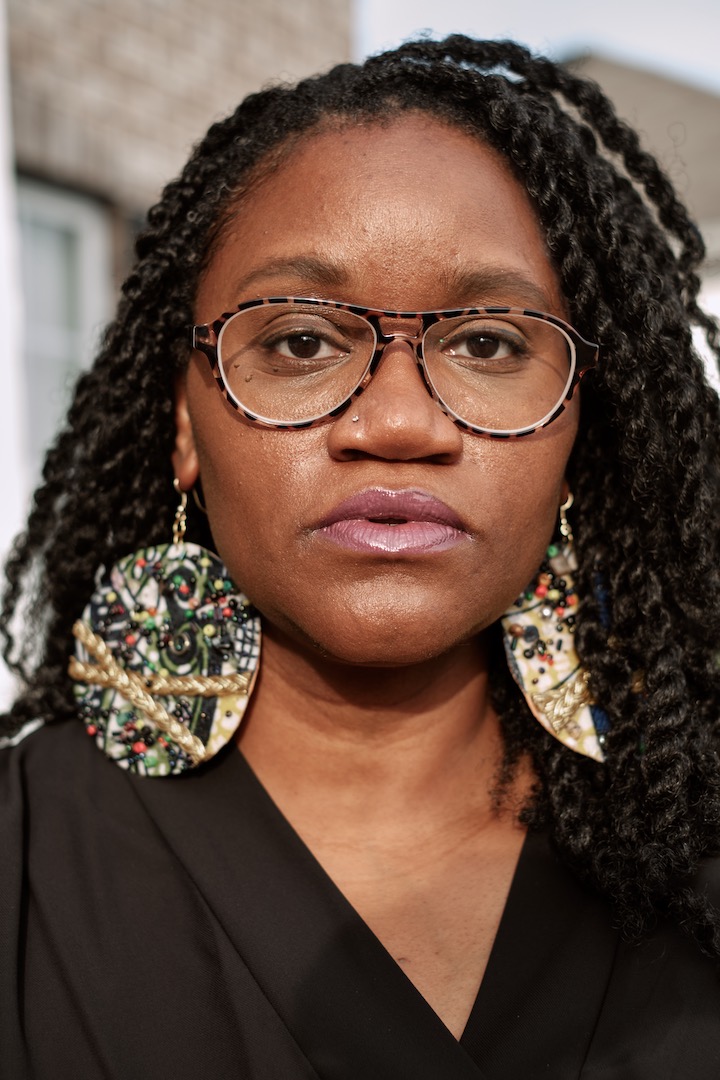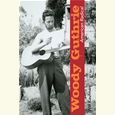The Way Back: A Geechee Homecoming
Neesha Powell-Ingabire’s Come by Here revives the complex history of coastal Georgia
On February 23, 2020, Ahmaud Arbery was murdered while jogging in the Brunswick, Georgia, neighborhood of Satilla Shores. The racially motivated crime made national news just weeks before the murder of George Floyd and the killing of Breonna Taylor galvanized an international movement to shutter white supremacy.

It was during this time that journalist, essayist, and community organizer Neesha Powell-Ingabire, author of Come by Here: A Memoir in Essays from Georgia’s Geechee Coast, set out on a mission to discover her Brunswick origin story and how it has shaped her existence as a queer, Black, disabled person in America. At the center of Powell-Ingabire’s self-discovery is dissecting a city on Georgia’s coast — and how its current racial and political environment reflects a deeply complicated past.
The author, who uses the pronouns she and they, sets out on this journey by evaluating familial ties to coastal Georgia and the Geechee tradition. In the first section of the book, “Kindred,” Powell-Ingabire pays homage to her grandmother while simultaneously understanding the shared connection with her birth father and her own mental health. From estrangement to reconciliation to healing, identities that bind them weren’t so hidden all along.
As the essays progress, Powell-Ingabire questions who gets to tell our stories, setting out to “recover Black history in coastal Georgia while uncovering [her] relationship to it.” In peeling back those layers, she acknowledges how community narratives, especially Gullah Geechee histories, have historically been suppressed. “Black folks indigenous to Georgia’s coast have been recovering and sharing their ancestors’ stories for decades,” she writes, citing preservationist Cornelia Walker Bailey and others. “Yet their work is seldom amplified nor incorporated into textbooks, especially in our current age where ‘woke’ curriculum is being attacked, thus Black kids in coastal Georgia grow up feeling like outsiders.”
After spending time in the Pacific Northwest and Atlanta, Powell-Ingabire didn’t realize how rich the history and legacy of Geechee culture is. The culture has been (and continues to be) misrepresented in the mainstream. In the essay “A Brush with Magic or an Ode to Mrs. Cornelia,” Powell-Ingbare recalls how the narratives of Sapelo Island’s griots like Cornelia Walker Bailey are often overshadowed by academic outsiders like William S. McFeely, a white historian who helped create the African American studies program at Yale University.
“The professor deemed himself deserving of telling this story simply because he was endorsed by the right, white institutions. I traveled to Sapelo vowing to be different from him. Still, I felt like as much an outsider as McFeely once I arrived in Sapelo. I worried my narrative would be as superficial and unfamiliar as any white academic’s,” Powell-Ingabire writes, distinguishing revisionist history from the personal accounts of Black people who lived and grew up in these communities.
 The author further examines the consequences of environmental racism and how justice gets subverted when the society at large only hears from certain voices. A more recent threat to the coastal Georgia includes climate change. “The community [of Hog Hummock] inhabits some of the lowest land in Sapelo and could be underwater in the near future if mitigation efforts such as living shorelines don’t pan out,” writes Powell-Ingabire.
The author further examines the consequences of environmental racism and how justice gets subverted when the society at large only hears from certain voices. A more recent threat to the coastal Georgia includes climate change. “The community [of Hog Hummock] inhabits some of the lowest land in Sapelo and could be underwater in the near future if mitigation efforts such as living shorelines don’t pan out,” writes Powell-Ingabire.
Come by Here is supported with intimate images, including personal family photos and pictures of landmarks along the Geechee coast. The reader is provided with visual representations of the people and places explored — representations that go beyond the golden marshes and beach life highlighted in travel guides.
The author’s discoveries are framed later in the book by Brunswick’s role in the racial reckoning of 2020. Powell-Ingabire brilliantly intersects her early life in Brunswick with the deeper circumstances of Ahmaud Arbery’s tragic, racially motivated murder. It’s here that Powell-Ingbare really does internal work healing their inner child from unearthed racial trauma once accepted as just a way of life.
Culture bearing is radical resistance. And through her work and self-reflection in Come by Here, Neesha Powell-Ingabire inspires all readers to take control of their own narratives and those of the communities in which they are raised. The future of our stories rests in good hands. And Powell-Ingabire’s debut memoir proves this point.

Tonya Abari is a Nashville-based independent journalist, author, essayist, book reviewer, and homeschooling parent. Her words have been published in the Nashville Scene, Essence, USA Today, Publishers Weekly, Parents, Good Housekeeping, PBS Kids, and many more. You can find her hanging out on Instagram @iamtabari.


